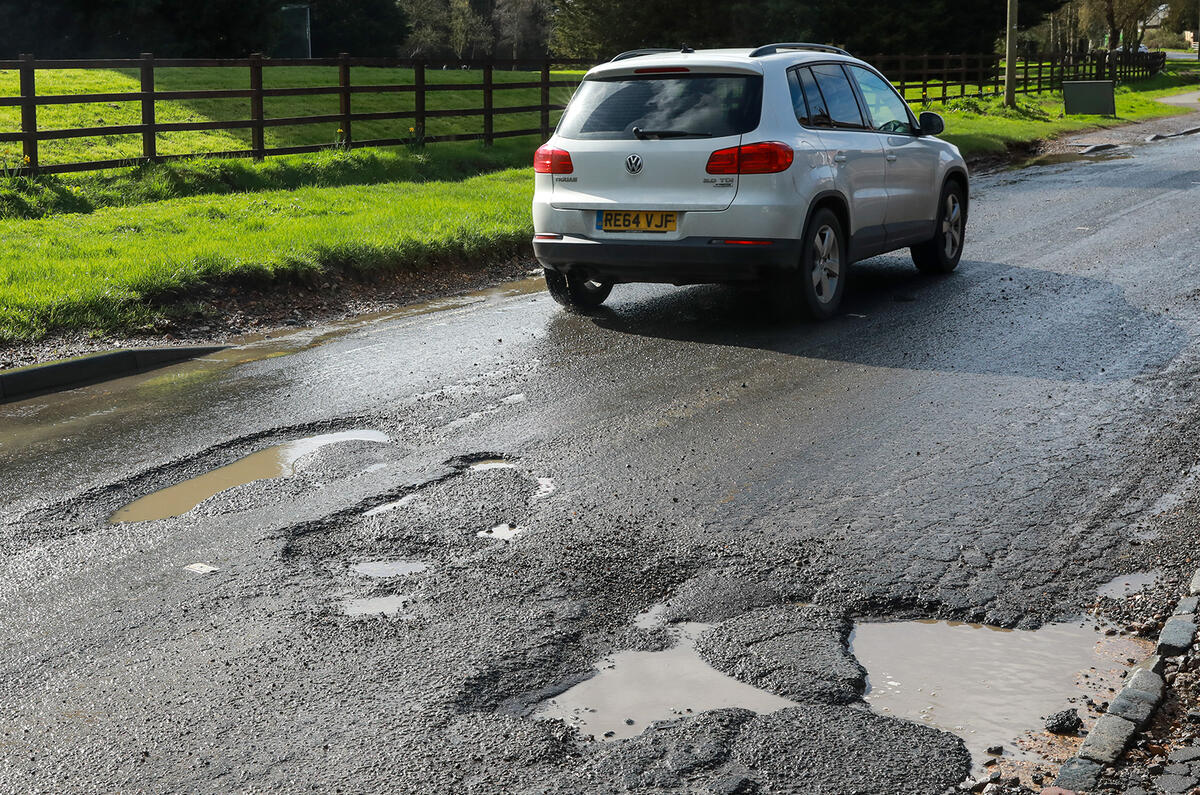The Department for Transport (DfT) is failing in its responsibility to care for local roads such that their condition is now a “national embarrassment”.
That's according to a damning new report published by the House of Commons’ Public Accounts Committee – the group of MPs responsible for overseeing the value for money and services provided by government programmes.
Its inquiry found that “the state of England’s local roads is declining” yet “the DfT neither knows exactly how authorities spend its funding, as it is not ring-fenced, nor what it wants to achieve with it”.
Among the issues identified in the report are a failure to take policy and the use of taxpayer funds “sufficiently seriously” when looking at the 183,000 miles of local roads across England – 98% of the total network.
It added that the DfT has insufficient knowledge of the condition of the local road network and that its approach to funding their maintenance is too focused on short-term repairs.
The report comes after the National Audit Office (NAO) last year reported that the government “does not know” whether £1.6 billion of taxpayer money is actually making a difference to the state of English roads.
The NAO said the DfT does not have a good enough understanding of the condition of local roads, nor does it allocate funding to local authorities “as effectively as possible”.
The Public Accounts Committee's chairman and Conservative MP for the North Cotswolds, Sir Geoffrey Clifton-Brown, said: “The declining state of England’s local roads is a national embarrassment.
“As well as harming the prospects for our economy and communities’ own social wellbeing, highways riddled with potholes pose an increasing safety threat to road users.
“Alarmingly, however, not only is the state of our local roads on the downslope, [but also] our inquiry shows government are having to find out about these issues from industry bodies and road users themselves, due to their own patchy data.”
In turn, the Committee has made nine key recommendations.
On the failure to take the condition of local roads seriously, it said the DfT should “clearly set out its roles and responsibilities”, because it "has not taken enough responsibility, given the declining conditions of local roads across England”.








Join the debate
Add your comment
It's an f'in disgrace that's what it is. Every year we say the roads can't get any worse, and yet they do. Now we have all those super-heavy EV's tearing everything up even more. It's clear local councils don't care and do nothing, yet our taxes are meant to pay for this.
My wife has had two blowouts in the last 12 months due to the dire state of UK roads. We tried raising a claim with out local council and they threw it out. On the day one of those punctures happened, 14 other drivers (according to RAC) has similar issues at the same location. The pothole had got worse over the previous weeks/months, but suddenly was repaired (actually patched) so the council didn't have to pay out!
I've also been made aware that at least 30% of our council tax goes directly into council bigwigs gold-plated pensions, so go figure.
Where is all our money going?
All your money is going on benefits, interest payments and pension obligations irrespective of which party is in power or controls your local Council.